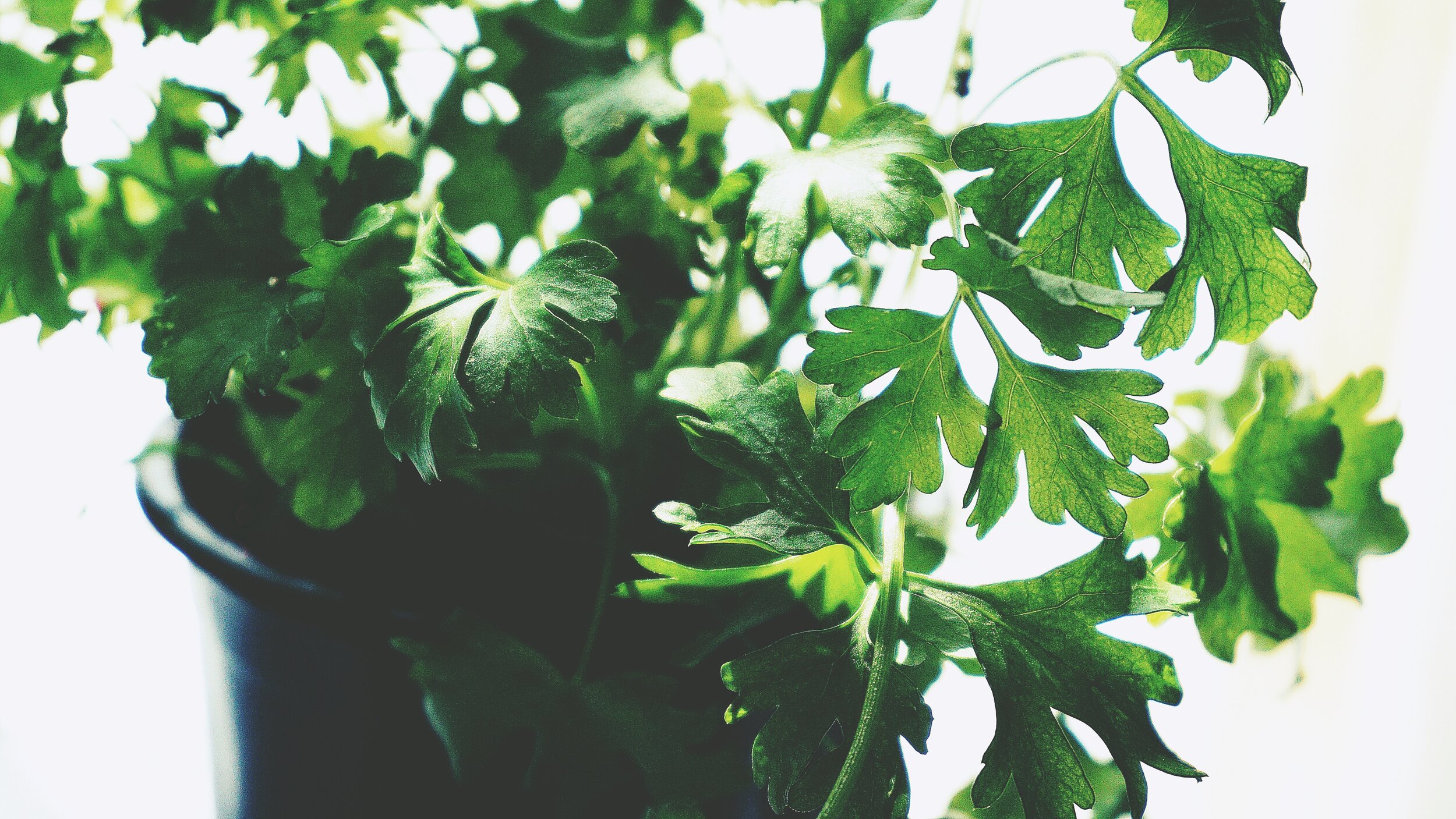I Can Still Taste the Salt—
By Morgan Rondinelli
Photo by Suzy Hazelwood from Pexels
The Chemistry of an Exodus
I love the taste of salt water.
Celery dipped into a small bowl,
spinach,
parsley,
any leafy green.
Though the vegetables represent bounty,
the salt water is meant to remind me on Passover
of the tears my ancestors shed as slaves.
But I guiltily enjoy the sharp, reminiscent taste
of biting down, crunching, licking up salt.
This year it is my turn to mix the salt water.
I dip vegetable after vegetable,
before the seder has even started,
perfecting the dilution.
Too much salt, and it makes you gag.
Not enough, and it tastes too dull.
Looking back now at the Red Sea,
I can still taste the salt—
Fruits of Labor
In Hebrew School, we learn to write G-d “gee dash dee,”
So it’s okay if we accidentally drop the paper on the floor,
So we can erase the words or throw it away,
So we can’t risk writing His name in vain.
Traditions are sticky.
But like honey dripping off an apple,
Some is lost with each bite.
I eat apples and honey on the Jewish new year, but I don’t fast on Yom Kippur.
I light the menorah most nights of Hanukkah, but I don’t believe in miracles.
I eat matzo on Passover as an added piece, but I don’t cast out bread.
I write G-d with a dash, but I don’t often believe.
Matzo Is
Matzo is searching for the familiar blue and orange box at the store in spring, and eventually having to ask for help
“I’m sorry, I don’t know what that is,” they often reply.
Matzo is questioning, not knowing why you continue with this tradition when you are hardly religious, but doing it anyway out of habit.
One year will I stop retelling this story?
Matzo is the sound of rippled cracking when barely you barely touch the box. The crackers break so easily.
These riffs date back generations.
Matzo is bland, unless coated with butter or peanut butter or turned into a pizza with tomato sauce and cheese.
True, Kosher matzo is unsalted and unsalvageable.
Matzo is blessed as part of the ceremonial dinner. The middle piece is deemed the “afikomen,” or dessert.
It’s no different from its neighbors, except in our minds.
Matzo is then hidden as a game for children, under couch cushions or behind paintings, wrapped in a cloth.
The first kid to find it receives a cash prize.
Matzo is binding in your intestines. Eat too much, and you won’t have a bowel movement for days.
Everything in moderation.
Matzo is being surrounded by a group of family or neighbors or strangers, and knowing exactly what prayers to say.
All this, in a language I don’t speak.
Still, matzo is a way to be a people.

